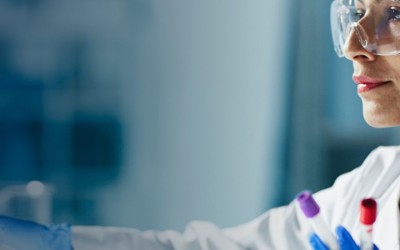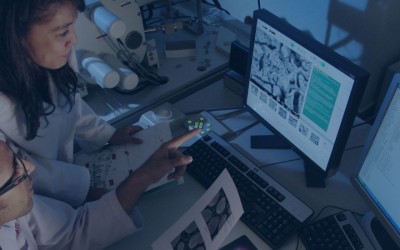
2019 Vision Grants
Stephen McCartney, MD PhD
Romina Plitman Mayo, PhD
Lisa Dubrofsky, MDCM, FRCPC
Related Articles
_(3)1726760217.png)
Preeclampsia Foundation and Preeclampsia Foundation Canada have announced that Olivia Nonn, PhD, Mancy Tong, PhD, and Kelsey McLaughlin, PhD are their 2024 Vision Grant research award recipients. Thes...

Kylie Belchamber, PhD University of Birmingham, England, UK Topic: Understanding the role of decidual macrophages in pre-eclampsia and HELLP syndrome Mid-Grant Progres...

John Snelgrove, MD, MSc University of Toronto, Ontario, Canada Topic: Preeclampsia phenotypes: Reclassifying the hypertensive disorders of pregnancy Samantha Wilson, PhD McMaster U...

Garrett Lam, MD University of North Carolina, Chapel HillTopic: Prospective Study to Evaluate the role of CD3-zeta expression in Preeclampsia compared to Normotensive Pregnant Controls Final Report

Francesca Facco, MD Northwestern University Topic: Sleep-disordered breathing during pregnancy: relationship with preeclampsia Final Report Frauke von Versen-Hoeynck, MD Magee Womens R...
